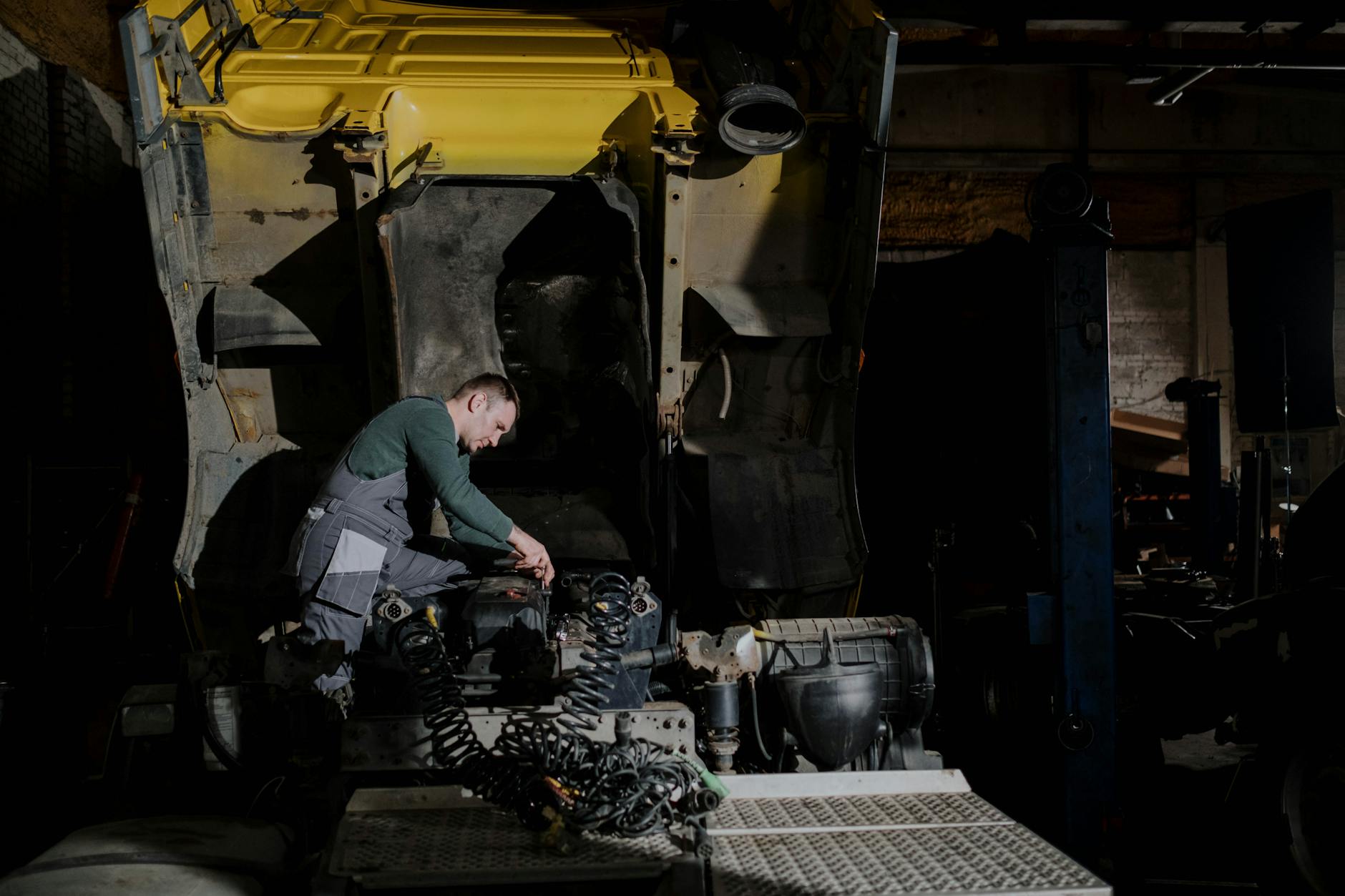Running a repair workshop may be a lucrative endeavour. However, there are hazards associated with it as well. From liability concerns to mishaps and equipment malfunctions. The potential pitfalls are numerous.
What are the Risks of a Repair Workshop?
Risks associated with operating a repair shop include property damage, customer liability, and personnel injury. It is essential to get the appropriate motor trade insurance to shield your company from these possible difficulties.
Employee Safety Hazards
Keeping your workers safe should always come first. Heavy equipment, tools, and perhaps dangerous materials are frequently used in repair workshops. Slips, stumbles, falls, and more catastrophic occurrences involving equipment can all result in injuries. For instance, utilising power tools or working on a car hoist might seriously injure an individual.
Preventive Measures:
Make sure your workshop complies with safety standards to reduce these dangers. Keep all your equipment in good working order. Provide your employees with regular safety training. Additionally, provide the personal protective equipment (PPE) required for a safer working environment.
Customer Liability
As a repair workshop you are responsible for the vehicles you service. If an automobile is destroyed while in your custody, you could be responsible. Or if a repair leads to an accident his can result in costly legal fees. These damages that can impact your business financially.
Preventive Measures:
Clear communication with your customers about the services you provide and the risks involved can help manage expectations. Moreover, implementing quality control measures can ensure that work is completed safely and effectively.
Property Damage
Workshops can experience property damage from various sources which includes fire, theft, and natural disasters. A fire in your workshop can not only damage your equipment and premises. But it can also lead to a temporary closure, impacting your revenue.
Preventive Measures:
Investing in a robust fire safety system. These include extinguishers and alarms, and conducting regular fire drills which reduces the likelihood of fire-related damage. Additionally, installing security measures like cameras and alarms can help deter theft and vandalism.
Equipment Malfunction
Repair firms depend significantly on tools and machinery, and when these break down. It can result in lost time and money. If your primary lifting equipment fails, you may be unable to complete repairs. This can frustrate customers and damage your reputation.
Preventive Measures:
Regular maintenance and inspections of all equipment can prevent malfunctions. Keep a log of service records. Also, ensure your staff is trained to operate machinery safely.
The Importance of Motor Trade Insurance
Motor trade insurance becomes important given the array of risks involved in running a repair workshop. Your company is shielded against a variety of liabilities by this speciality insurance. Verify your ability to bounce back from unanticipated events.
Coverage for Vehicle Damage
Coverage for cars under your care is usually included in motor trade insurance. Should a car sustain damage during maintenance, your insurance may assist with the cost of repairs. Ensuring you don’t bear the financial burden alone.
Liability Protection
Motor trade insurance provides liability protection. This covers legal fees and damages if a customer sues your workshop for negligence. This peace of mind allows you to focus on running your business. Without the constant worry of potential legal repercussions.
Business Interruption Coverage
Motor trade insurance can offer business interruption coverage if a disaster or significant equipment failure. This means that if you need to close your workshop for repairs. You can still receive financial support. To help maintain your operations during downtime.
Implementing Safety Practices in Your Workshop
Taking proactive measures to ensure safety within your workshop is equally important. Here are a few tips to enhance safety and reduce risk:
Create a Safety Plan
Develop a comprehensive safety plan. A plan that outlines procedures for handling accidents, equipment use, and emergencies.
Regular Training Sessions
Schedule ongoing training for your employees. To keep them informed about best practices and safety protocols.
Routine Inspections
Conduct regular inspections of your workshop and equipment. To recognise possible risks and take appropriate action before they result in accidents.
Encourage Reporting
Encourage a culture where workers may voice safety concerns without worrying about retaliation.
Secure Your Workshop’s Future with the Right Insurance
There are hazards associated with operating a repair workshop. But success depends on knowing these risks and being ready for them.
Motor trade insurance offers crucial protection. It protects your company from financial losses caused by accidents. It also covers liability lawsuits and property damage.
Implementing effective safety measures can make your workplace safer for both customers and staff. Also, having the right insurance also secures the future of your business.
Now is the time to ensure you have the right coverage if you haven’t reviewed your motor trade insurance policy lately.

